Lavender – Health Benefits


Benefits of Lavender Essential Oil

he health benefits of lavender essential oil include its ability to eliminate nervous tension, relieve pain, disinfect the scalp and skin, enhance blood circulation and treat respiratory problems. The Latin name of lavender is Lavare, which means “to wash”, due to its particularly pleasant aroma.
About Lavender Oil
Lavender oil is extracted mostly from the flowers of the lavender plant, primarily through steam distillation. The flowers of lavender are fragrant in nature and have been used for making potpourri for centuries. Traditionally, lavender essential oil has also been used in making perfumes. The oil is very useful in aromatherapy and many aromatic preparations and combinations.
Lavender oil blends well with many other essential oils including cedarwood, pine, clary sage, geranium, and nutmeg. Today, lavender essential oil is frequently used in various forms including aromatherapy oil, gels, infusion, lotion, and soaps.
Health Benefits of Lavender Essential Oil
The various health benefits of lavender essential oil include the following:
Bug Repellent
The smell of lavender essential oil is potent for many types of bugs like mosquitoes, midges, and moths. Apply some lavender oil on the exposed skin when outside to prevent these irritating bites. Furthermore, if you do happen to be bitten by one of those bugs, the lavender essential oil has anti-inflammatory qualities that will reduce the irritation and the pain associated with bug bites.
Induces Sleep
Lavender essential oil induces sleep which is used as an alternative treatment of insomnia. Frequent studies on elderly patients have shown an increase in their sleep regularity when their normal sleep medication is replaced with some lavender essential oil being placed on their pillows. It has a relaxing impact on people; thereby, it often replaces modern medicines for sleep issues.
Relieves Stress & Anxiety
Lavender essential oil has a calming scent which makes it an excellent tonic for the nerves and anxiety issues. Therefore, it can also be helpful in treating migraines, headaches, depression, nervous tension and emotional stress. The refreshing aroma removes nervous exhaustion and restlessness while also increasing mental activity. It has a well-researched impact on the autonomic nervous system, which is why it is frequently used as a treatment for insomnia and also as a way to regulate heart-rate variability. One study showed that people taking tests showed a significant decrease in the mental stress and anxiety, as well as increased cognitive function when they inhaled lavender oil and rosemary oil before taking the test.
Treats Acne
According to dermatologists and aromatherapists, lavender essential oil is one of the most beneficial oils in the treatment of acne, which is a very uncomfortable and embarrassing condition that primarily affects young people as they move through puberty, but can also afflict adults. It is characterized by red, raised sores on the face and body that develop due to a bacterial infection near the sebum gland. When sebum cannot be properly secreted from the sebum glands on the face, it begins to build up, particularly because puberty stimulates extra sebum and bacteria feed off of it, creating a vicious cycle of irritation, infection, and visible sores that can result in serious scarring.
Lavender essential oil inhibits the bacteria that cause the initial infection, helps to regulate some of the over-excretion of sebum by hormonal manipulation and can reduce the signs of scarring after the acne has begun to heal. Adding a small amount of lavender essential oil to other skin creams or ointments can greatly increase the potential for relief and healing.
Relieves Pain
Lavender essential oil is known as an excellent remedy for various types of pains including those caused by sore and tense muscles, muscular aches, rheumatism, sprains, backache, and lumbago. A regular massage with lavender oil can provide relief from pain in the joints. A study done on postoperative pain relief showed that combining lavender essential oil vapor into the oxygen significantly reduced the amount of pain experienced, versus those patients only revived with oxygen after a major surgery.
Stimulates Urine Flow
Lavender essential oil is good for urinary disorders because of its stimulating effect on urine production. Furthermore, it helps in restoring hormonal balance and reducing cystitis or inflammation of the urinary bladder. It also reduces associated cramps with these and other disorders.
Treats Respiratory Disorders
Lavender oil is widely used for various respiratory problems including throat infection, flu, cough, cold, asthma, sinus congestion, bronchitis, whooping cough, laryngitis, and tonsillitis. The oil is either used in the form of vapor or is applied on the skin of neck, chest, and back. It is also added to many vaporizers and inhalers that are commonly used for cold and cough. The stimulating nature of lavender essential oil can also loosen up the phlegm and relieve the congestion associated with respiratory conditions; speeding up the recovery process and helping the body naturally eliminate phlegm and other unwanted material. The vapor of lavender essential oil also has antibacterial qualities which can battle respiratory tract infections.
Hair Care
Lavender essential oil is useful for hair care because it has been shown to be very effective on lice, lice eggs, and nits. Furthermore, lavender essential oil has also been shown to be very helpful in the treatment of hair loss, particularly for patients who suffer from alopecia, an autoimmune disease where the body rejects its own hair follicles. A Scottish study reported that more than 40% of alopecia patients in the study reported an increase in hair growth when they regularly rubbed lavender essential oil into their scalp. Therefore, lavender oil is sometimes recommended as a preventative measure for male pattern baldness.
Prevents Cancer
There is a significant research on the effects of lavender, in combination with other essential oils, as a way to prevent the occurrence of breast cancer in mice. However, this could be an indication of an increased chance of lavender battling other carcinogenic effects and the presence of cancer.
Improves Blood Circulation
Lavender essential oil is also good for improving circulation of blood in the body. Research suggests that aromatherapy using lavender oil has beneficial effects on coronary circulation. It also lowers blood pressure and is often used for hypertension. This means that not only do the organs increase their levels of oxygenation, promoting muscle strength and health, but brain activity can have a noticeable boost, skin remains bright and flushed with blood, and the body is protected from the risks of heart attack and atherosclerosis that is often associated with poor blood circulation.
Aids in Digestion
Lavender oil is useful for digestion because it increases the mobility of food within the intestine. The oil also stimulates the production of gastric juices and bile, thus aiding in the treatment of indigestion, stomach pain, colic, flatulence, vomiting, and diarrhea.
Boosts Immunity
Regular use of lavender essential oil provides resistance to a variety of diseases. Lavender has antibacterial and antiviral qualities that make it perfect for defending the body against rare diseases like TB, typhoid, and diphtheria, according to early research in the 20th century.
Treats Eczema
It is used to treat various skin disorders such as acne, wrinkles, psoriasis, and other inflammatory conditions. It is commonly used to speed up the healing process of wounds, cuts, burns, and sunburns because it improves the formation of scar tissues. Lavender oil is also added to chamomile to treat eczema.
Other Benefits
Other health benefits of lavender essential oil include its ability to treat leucorrhoea. The oil can also be used to repel mosquitoes and moths, thereby; you may find many mosquito repellents contain lavender oil as one of the primary ingredients.
Word of Caution
As with many other essential oils, pregnant and breastfeeding women should avoid using lavender essential oil. It is also recommended that patients with diabetes stay away from lavender oil. It may also cause allergic reactions to people that have unusually sensitive skin. Some people may also witness nausea, vomiting, and headaches due to excessive use of lavender oil.
Perhaps most importantly, lavender oil should never be ingested, only topically applied or inhaled through means of aromatherapy or similar activities. Ingestion can cause serious health complications, characterized by blurred vision, difficulty in breathing, burning eyes, vomiting, and diarrhea. So, even if you think that lavender oil is a wonderful cure, don’t get excited and start putting it on your food.
Lavender Tea- Benefits

The best benefits of lavender tea include relaxing the body, reducing muscle spasms, promoting healthy digestion, aiding sleep, eliminating inflammation, balancing mood, healing the skin, and soothing pain, among many others. That being said, there are also some side effects of this tea, such as sun sensitivity and irritation on the skin. However, in moderate doses, provided a person is not allergic to lavender, the benefits far outweigh the risks of small side effects.
What is Lavender Tea?
Lavender tea is derived from the lavender buds of the flowering plant, the small purple bundles that fall off so easily in your hand. Scientifically found in the genus Lavandula, lavender can come in more than 45 different species, many of which have been used in traditional medicine applications and fragrance products for centuries – if not longer! With an impressive concentration of calcium, iron, vitamin A, and phenolic compounds, as well as powerful terpenes, such as linalool. These nutrients can have a number of notable effects on human health.
Health Benefits of Lavender Tea
When you drink lavender tea, it can provide relief from chronic pain, inflamed tissues, arthritis, insomnia, high anxiety, mood swings, gastrointestinal upset, tension, skin irritation, and headaches, just to name a few. Regardless of what ails you, the benefits of lavender tea will likely be able to help!
Stress Levels
The natural soothing qualities of lavender tea and its active components make it ideal for people who suffer from chronic stress and anxiety. It can stimulate the release of certain neurotransmitters that can offset the excess stress hormones in your body and help prevent mental exhaustion. In a similar way, the use of this tea has also shown itself to have analgesic effects, basically making both your body and mind less sensitive to painful stimuli.
Digestive Health
The essential oils found in lavender tea have digestive qualities that can eliminate inflammation, regulate smooth muscle function, and promote healthier digestion. The mineral content also helps improve overall uptake by the digestive tract, ensuring that you get the most out of your meals, without suffering from indigestion, constipation, bloating or cramping. There are also anticonvulsant and antispasmodic qualities of lavender that help settle upset stomachs and regulate peristaltic motion.
Heart Health
This specialty tea has anti-coagulant and cholesterol-lowering properties, making it a great tonic for the heart. By lowering levels of negative LDL cholesterol, which collects as plaque in the arteries and blood vessels, while also thinning the blood to reduce the chances of a blood clot, this tea significantly lowers your risk for atherosclerosis, heart attacks, and strokes.
Skin
The antioxidants and volatile compounds found in the oils of lavender are able to seek out and neutralize free radicals in the body, which are the byproducts of cellular metabolism. These free radicals can cause chronic disease, premature signs of aging, wrinkles, and inflammation, but lavender tea can help relieve those symptoms, leaving your skin feeling and looking young.
Inflammation
Lavender tea has a long list of inflammatory conditions it can counter, including headaches, fevers, skin irritation, arthritis pain and the symptoms of certain joint disorders. Inflammation can come in many different forms and can lead to oxidative stress, but the active compounds in this tea can effectively put a stop to the body’s natural responses.
Sleep Disorders
Many people prefer to drink this tea in the evening, as a pre-bedtime beverage, because it has anxiolytic and relaxant properties. If you suffer from insomnia or regular sleep disturbances, a simple glass of lavender tea can grant an undisturbed night of sleep and a refreshed feeling in the morning!
How Do You Make Lavender Tea?
Making lavender tea at home is a simple process, involving only fresh lavender buds and water, although some people enjoy blending the tea with honey, chamomile or even other forms of tea. To begin with, you can use fresh lavender buds or dried ones, depending on your availability. If you have fresh lavender and wish to dry some for the future, it is best to harvest them before they fully bloom, and cut the flowering stalks right above the leaves. Bind them into bundles and hang them upside-down in a dark, cool, and dry place. The drying process should take between 2 and 4 weeks. Then, simply brush the stalks and the lavender buds should fall off easily, to be stored and used later for tea.
Recipe
Ingredients:
- 4 teaspoons of fresh lavender buds (1 tablespoon of dried lavender buds)
- 2 cups of water (filtered)
- 1 teaspoon of honey, to taste, if desired
Step 1 – Add the fresh or dried lavender buds to a teacup
Step 2 – Bring the water up to a boil, then remove from heat for 1 minute.
Step 3 – Pour the water over the lavender buds and allow them to steep for 5 minutes. Place a plate over the top to keep the steam inside the mug, further infusing the tea.
Step 4 – Remove the plate, add honey if you want to sweeten the flavor, and enjoy! No need to strain the lavender buds out; most will have sunk to the bottom of the cup.
Side Effects of Lavender Tea
The main side effects of lavender tea include skin irritation, nausea, vomiting when consumed in excess, but there are other possible interactions and situations to be wary of lavender tea. Some of the side effects can be quite serious when lavender is ingested in a toxic amount.
- Pregnancy – When pregnant, lavender use is not recommended, as it can stimulate menstruation, which can lead to a miscarriage or other complication in pregnant women.
- Low Cholesterol – Due to the cholesterol-lowering properties of this tea, if you are already taking cholesterol medicine, negative interactions may occur.
- Blood Thinners – This tea has anticoagulant properties, which are good for heart health, but if you are already taking blood-thinning medication, it can be very dangerous, particularly before undergoing surgery.
- Sun Sensitivity – Excessive lavender tea consumption can increase the sun sensitivity of the skin, and may also cause skin irritation and rashes.
If you experience any of these side effects, stop using lavender tea immediately. If you think you may be at risk for a negative interaction with a medication, speak to your doctor before adding this tea to your daily or weekly health regimen.
Lavender – اسطوخودوس ، اسطوخدوس
ماہیت ۔
اس کا پودا جنگلی تلسی کی طرح ہوتاہے ۔ یہ جنگلوں اورپہاڑوں میں نمناک زمین میں ربیع کی فصل کے ساتھ پیدا ہوتا ہے۔اس کا تنا آدھا میٹر لمبا اورکھردرا ہوتاہے۔ پتے سفید نیلگوں یاپیلے سرخی مائل اور برگ صعتر سے مشابہ ہوتے ہیں ۔ پھول بکثرت گچھوں میں اوپر کے پتے جو تلسی کی بالیوں کی طرح ہوتے ہیں۔ان میں تخم رائی کی طرح چھوٹے کچھ چپٹے سے سیاہی مائل زرد ہوتے ہیں۔اس میں کافور کی طرح بو،ذائقہ تیز اور کڑواسا ہوتا ہے۔اسطو خودوس کے خشک شدہ پتے اورپھول بطور دواء بکثرت مستعمل ہیں۔
مقام پیدائش ۔ کشمیر پاکستان کے علاوہ عرب ، بھارت ، ہمالیہ میں چارسے گیارہ ہزار فٹ کی بلندی تک،بھوٹان اورنیپال یورب ، وغیرہ میں پیدا ہوتا ہے۔ کشمیر میں اس کی کئی قسمیں خودروپیدا ہوتی ہیں ۔ اس کے علاوہ ہسپانیہ اور اٹلی میں بکثرت پیدا ہوتا ہے ۔
ذائقہ ۔ تیزاورتلخ ۔
مزاج ۔ گرم خشک درجہ دوم بعض کے نزدیک گرم خشک درجہ دوم ۔
افعال ۔ صداع ، مقوی ومنفی دماغ واعصاب ، مقوی معدہ کاسرریاح ، مسہل بلغم وسودا ، محلل ۔مفتح ، جالی
استعمال ۔ اسطو خودوس کا زیادہ دماغی اورعصبی امراض مثلا فالج لقوہ صدع ، سردنزلہ وزکام اورنسیان میں استعمال کرتے ہیں ۔ دماغ کو طاقت بخشنے اور ان کو فضلات سے پاک کرتا ہے ۔ اسطوخودوس مفید ہے ۔ جالی ومفتح ہونے کے سبب سے سینے ، پھیپھڑے اور دماغ کو رطوبت سے صاف کرتا ہے اور دماغی سدے کھولتا ہے ۔ عقرقرحا اورسکنجین کے ہمراہ مسلسل استعمال صرع کو دورکرتا ہے ۔ اسطوخودوس ہمراہ الیوا کے کھانا رعشہ اور اختلاج کو نافع ہے ۔ درد شقیقہ کیلئے ہمراہ فلفل سیاہ اورکشینز کے قبل ازدردیا سورج کے نکلنے سے پہلے اس کا پینا سفوف بنا کر کھانا نہایت مجرب ہے کیونکہ
فوائد خاص ۔ صداع،اعصاب ودماغ کا تنقیہ کیلئے عجیب الاثرہے ۔
مضر۔ نازک مزاج لوگوں میں متلی اور بے چینی پیدا کر تا ہے ۔
مصلح ۔ شربت لیموں اور کتیرا ۔
مقدارخوراک ۔ جوشاندہ وغیرہ میں تین سے پانچ گرام ، بطورسفوف ایک گرام سے تین گرام تک ۔
مزید تحقیق ۔ اسطوخودوس میں روغن فراری جس میں کافور کی سی بو، روغن کثیف اورالکوحل کی کچھ مقدار پائی جاتی ہے ۔

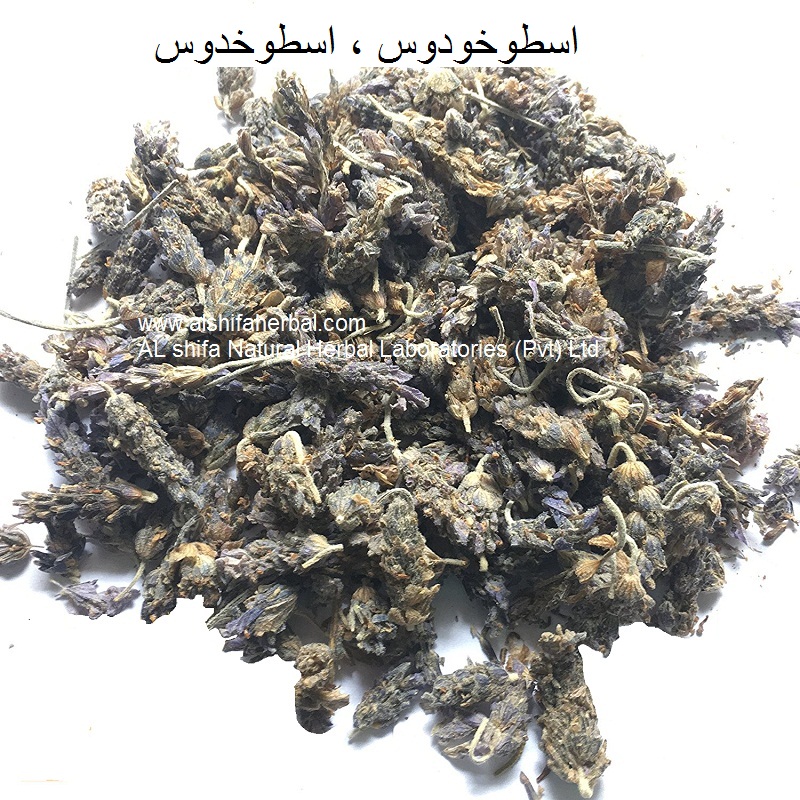
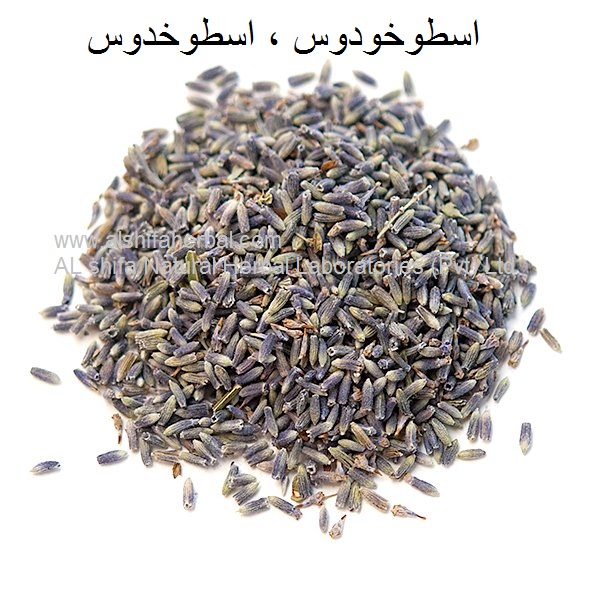
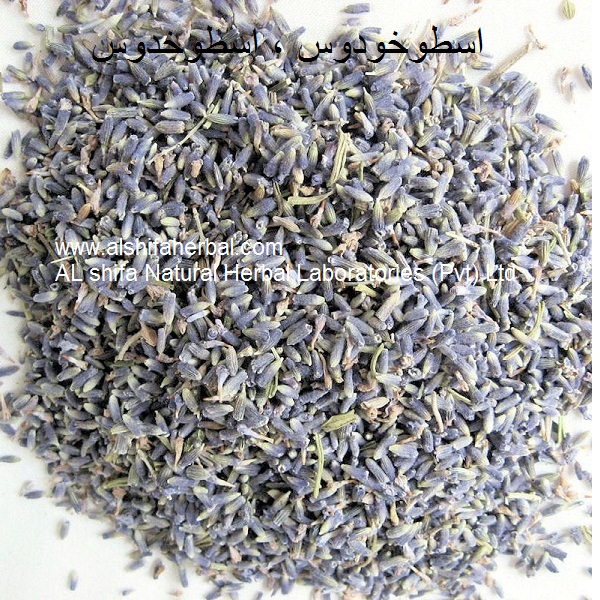
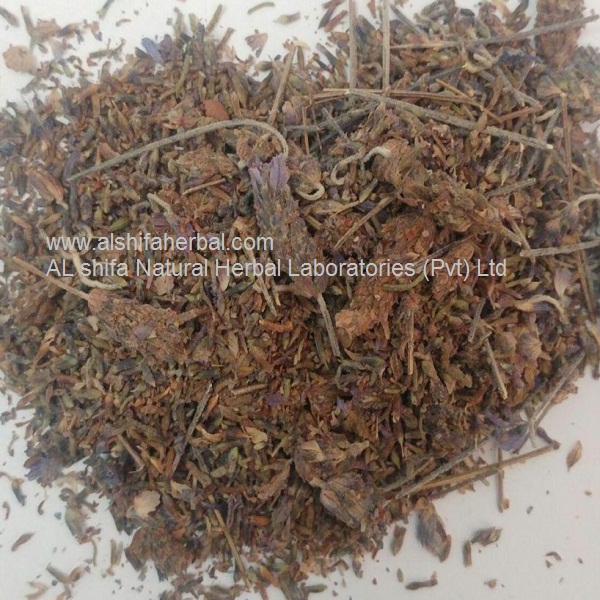
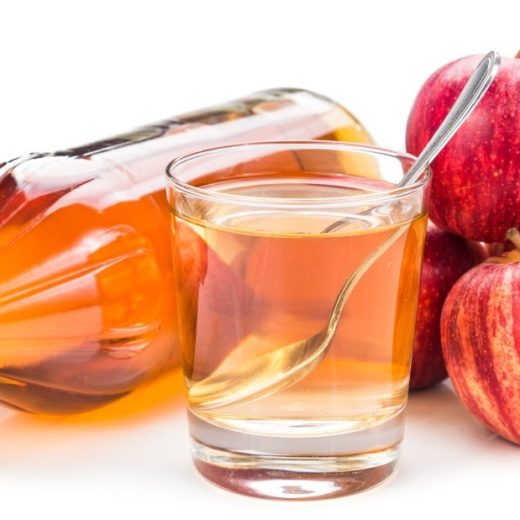
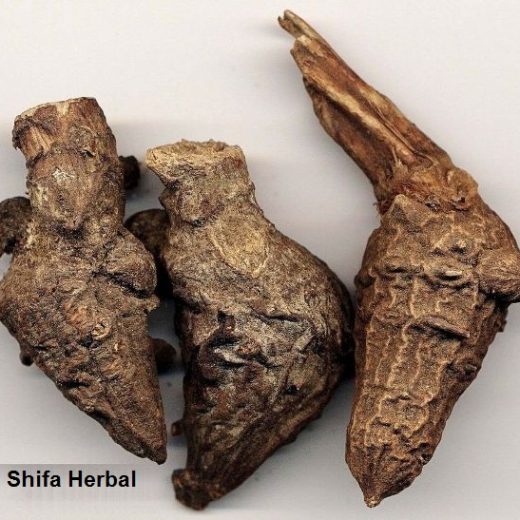
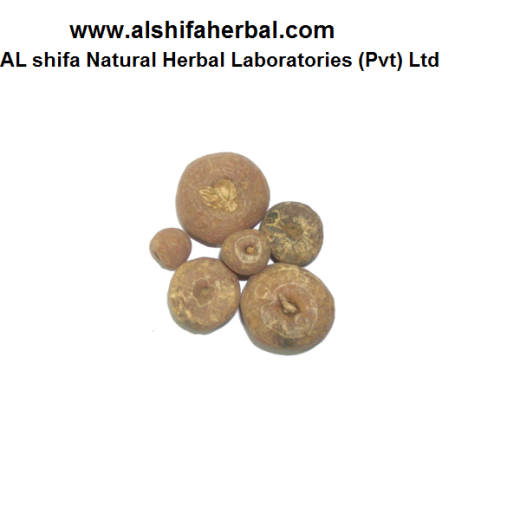



Reviews
There are no reviews yet.